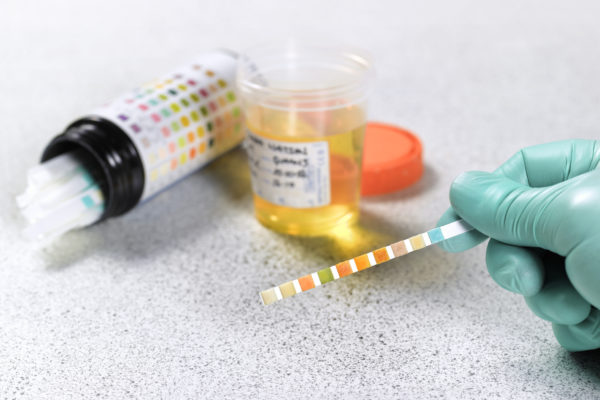
Researchers from TU Dresden have identified protein targets for new immunotherapies against colon cancer. Additionally, their findings reveal the central role of gut microbiota in the development of colon cancer. These results of the study were recently published in the journal Immunity.
Colon cancer is one of the most common types of cancer where the standard of care still remains chemotherapy. Interestingly, new therapeutic options against cancers, such as immunotherapies, are being used as viable treatment options against various human malignancies. However, cancer immunotherapy has shown limited efficacy against colon cancer. The limited response can be attributed to protein markers/signals on the surface of cancer cells that evade the host immune system.
The researchers at TU, Dresden, led by Prof. Sebastian Zeissig, have looked for surface proteins present exclusively in tumour cells compared to healthy tissue. The investigation identified two signal proteins, CB7H3 and B7H4, expressed only on colon cancer cells. Blockage of these surface proteins significantly reduced tumour growth and made tumour cells sensitive to immune cells attack. Interestingly, these signal proteins were expressed on primary and metastatic colon cancer cells.
The team also characterised the events behind the expression of both these markers of colon cancer cells. At the sites of tumour development, the intestinal barrier breaks, allowing the microbiota of the intestine to enter the surrounding tissue. The molecular communication between invading bacteria and cancer cells causes colon cancer cells to project CB7H3 and B7H4 on their surface. The use of broad-spectrum antibiotics against gut bacteria significantly reduced the tumour size and liver metastasis, corroborating the link between intestinal bacteria and colon cancer development.
The findings from mouse models of colon cancer demonstrate an unknown link between intestinal bacteria and tumour development. Moreover, they identify new signal molecules expressed on the surface of tumour cells that can be used to design new targeted therapies.
Reference